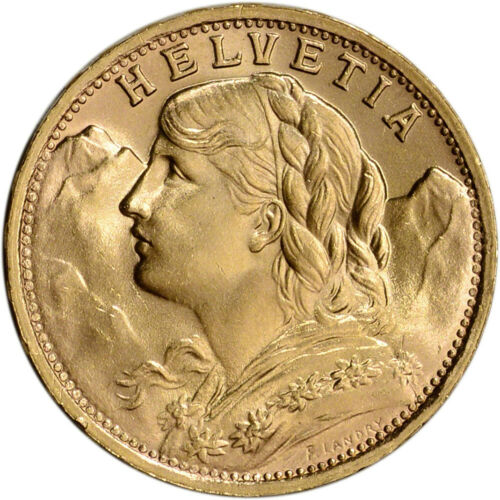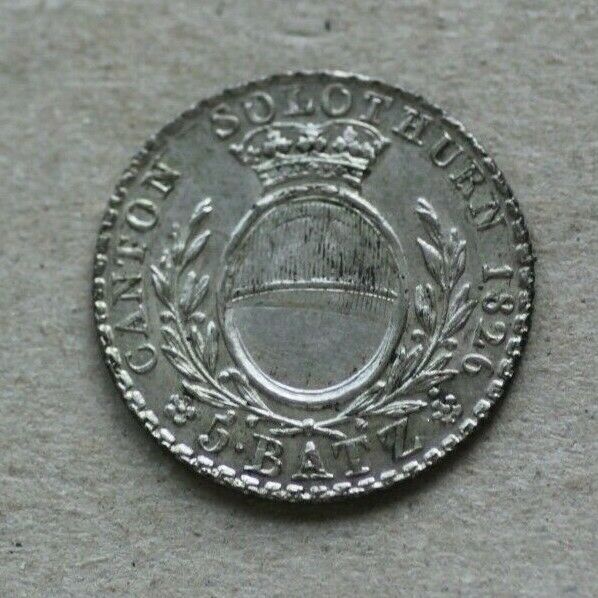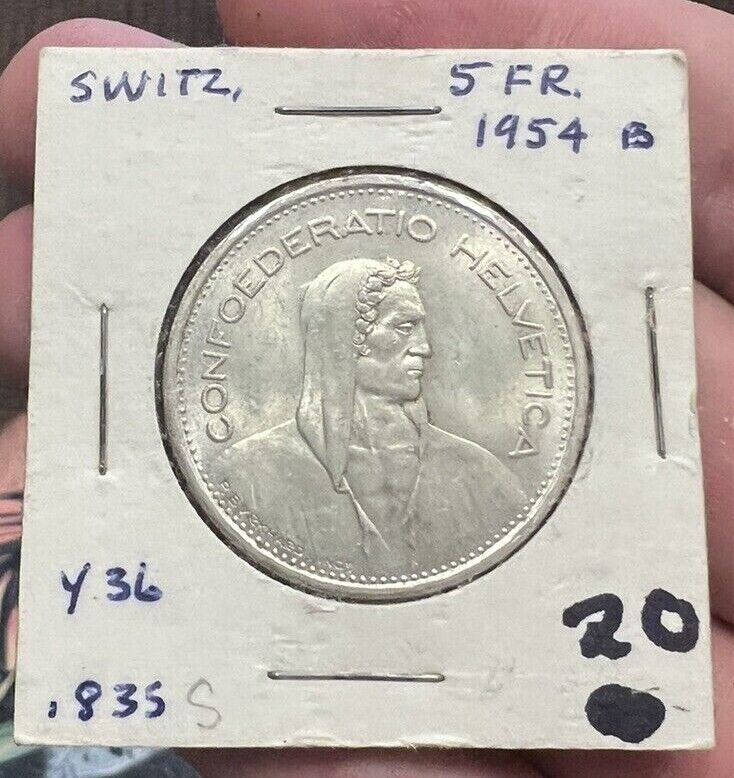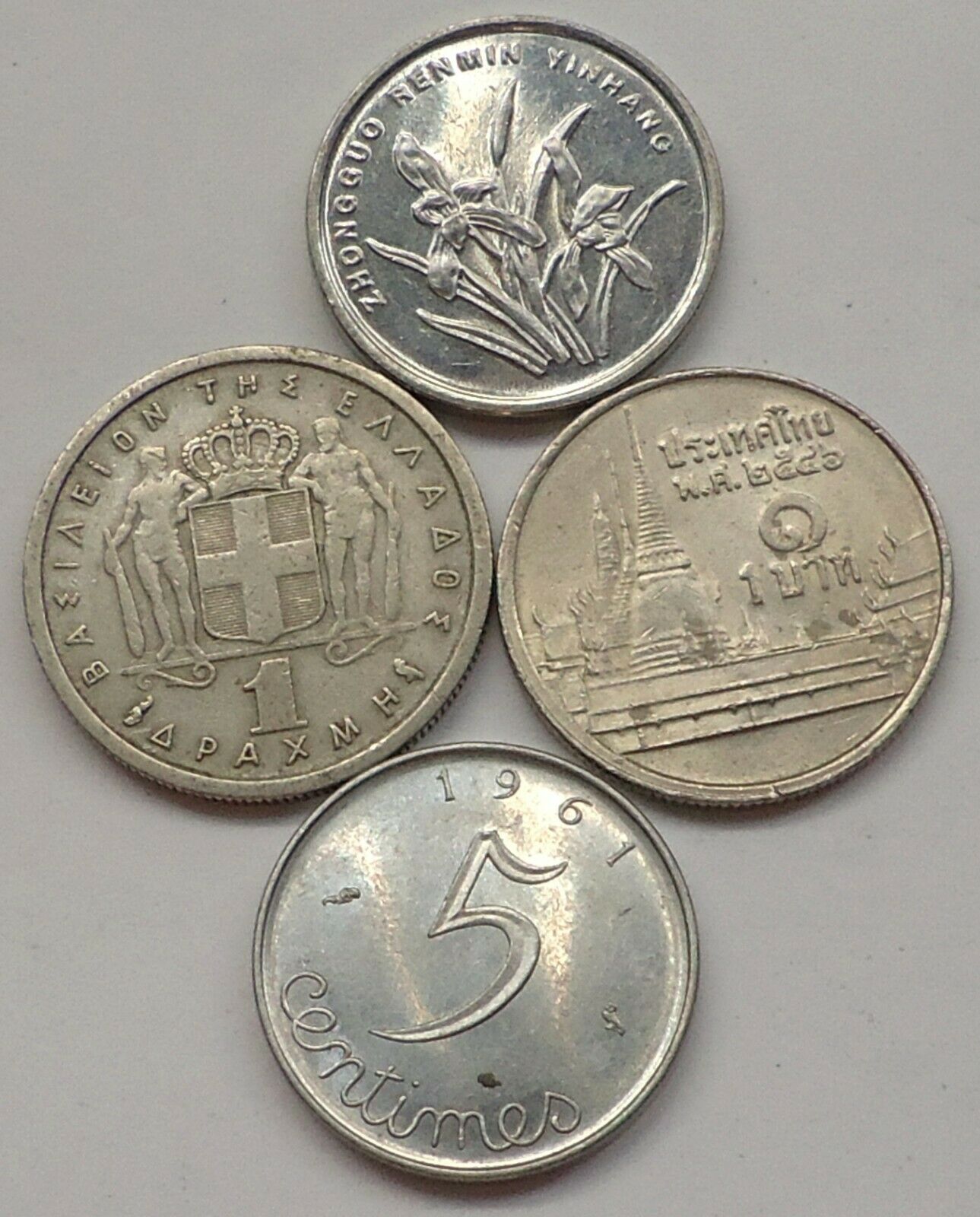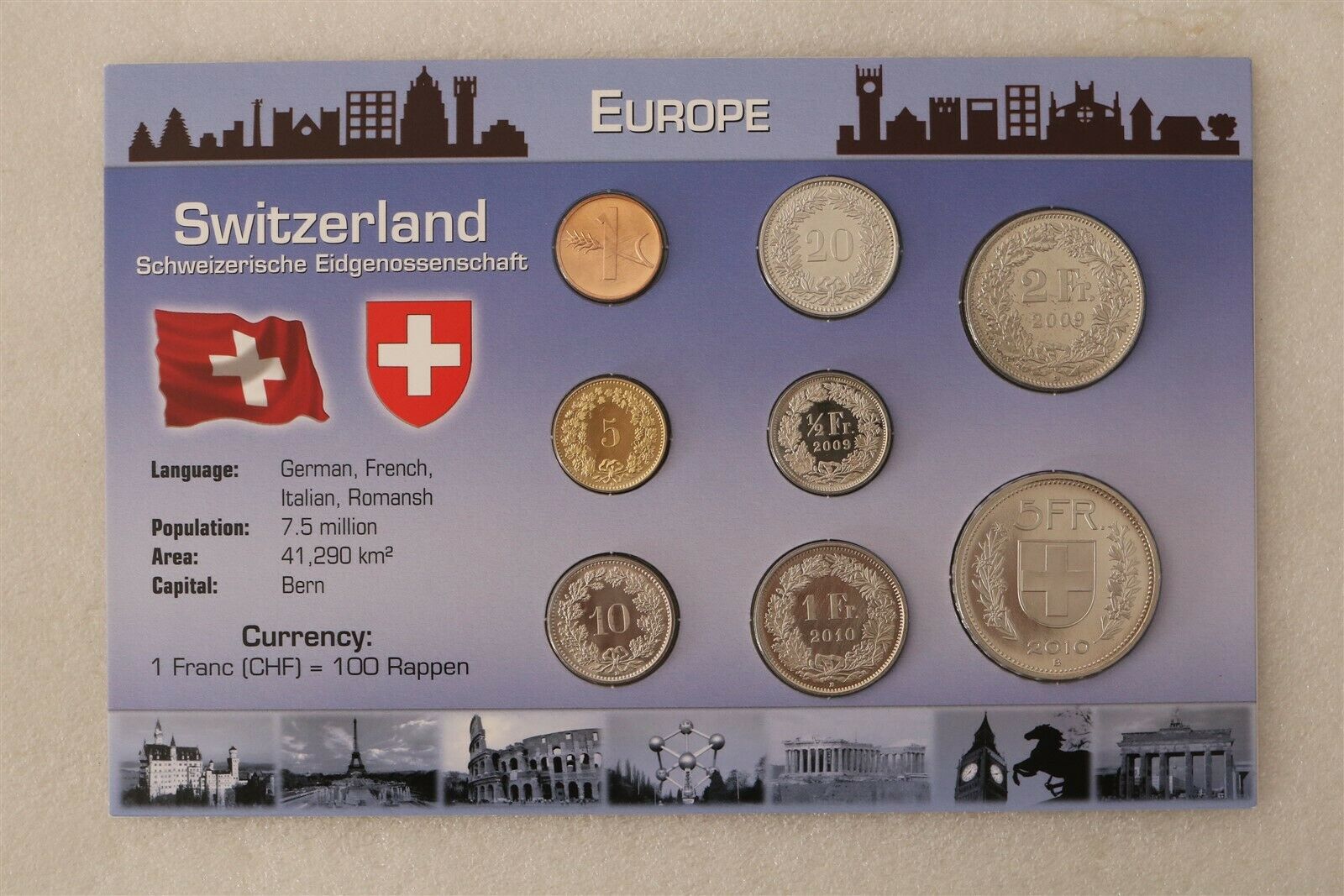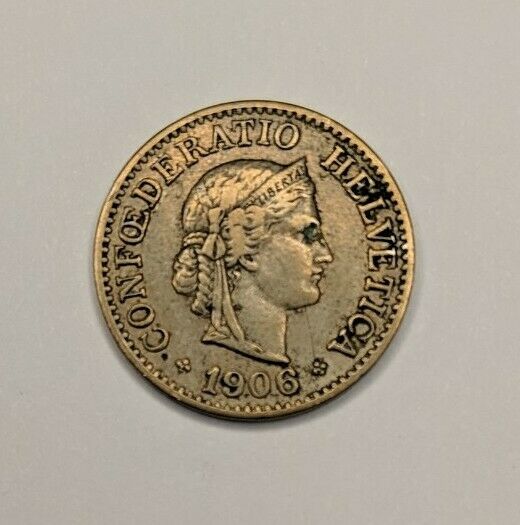-40%
1867, Switzerland, Schwyz Canton. Silver Shooting Thaler (5 Fr.) Coin. NGC AU58!
$ 310.99
- Description
- Size Guide
Description
CoinWorldTV1867, Switzerland, Schwyz Canton. Silver Shooting Thaler (5 Fr.) Coin. NGC AU58!
Mint Year: 1867
Mintage: 8,000 pcs.
Designer: Antoine Bovy (A. BOVY)
Denomination: 5 Francs (5 Franken)
Reference: Davenport 383, KM-S9.
Rare!
Condition:
Certified and graded by NGC as AU-58!
Material: Silver (.900)
Diameter: 37mm
Weight: 25gm
Obverse:
Lion, stepping on sheaf of arrows and a bow, holding sword and guarding garlanded shield of the Canton of Schwyz.
Legend: KANTON SCHWYZ ("
Canton of Schwyz
")
Exergue: A. BOVY
Reverse:
Swiss coat-of-arms, topped by a cap and rifles in saltire. Weapons of war and flags on wreath in background, value (5 Fr.) below.
Legend: EIDGENÖSSISCHES . SCHÜTZENFEST . IN . SCHWYZ . 1867 . / 5 Fr.
Translated: "
Federal shooting festival in Schwyz 1867 – 5 francs
"
The town of
Schwyz
(Italian:
Svitto
) is the capital of the canton of Schwyz in Switzerland. The Federal Charter of 1291 or
Bundesbrief
, the charter that eventually led to the foundation of Switzerland, can be seen at the
Bundesbriefmuseum
.
Authenticity unconditionally guaranteed.
Bid with confidence!
Switzerland
(
die Schweiz
,
Suisse
,
Svizzera
), in its full name the
Swiss Confederation
(Latin:
Confoederatio Helvetica
, hence its abbreviation CH), is a federal republic consisting of 26 cantons, with Bern as the seat of the federal authorities. The country is situated in western Europe, where it is bordered by Germany to the north, France to the west, Italy to the south, and Austria and Liechtenstein to the east.
Switzerland is a landlocked country geographically divided between the Alps, the Central Plateau and the Jura, spanning an area of 41,285 km2 (15,940 sq mi). While the Alps occupy the greater part of the territory, the Swiss population of approximately 7.9 million people is concentrated mostly on the Plateau, where the largest cities are to be found. Among them are the two global cities and economic centres of Zurich and Geneva.
The Swiss Confederation has a long history of neutrality—it has not been in a state of war internationally since 1815—and did not join the United Nations until 2002. It pursues, however, an active foreign policy and is frequently involved in peace-building processes around the world. Switzerland is also the birthplace of the Red Cross and home to a large number of international organizations, including the second largest UN office. On the European level, it is a founding member of the European Free Trade Association and is part of the Schengen Area – although it is notably not a member of the European Union, nor the European Economic Area.
In nominal terms, Switzerland is one of the richest countries in the world by per capita gross domestic product, with a nominal per capita GDP of ,835. In 2010, Switzerland had the highest wealth per adult of any country in the world (with 2,692 for each person). Switzerland also has one of the world's largest account balances as a percentage of GDP. Zurich and Geneva have respectively been ranked as the cities with the second and third highest quality of life in the world. In 2010 the World Economic Forum ranked Switzerland as the most competitive country in the world, while ranked by the European Union as Europe's most innovative country by far.
Switzerland comprises three main linguistic and cultural regions: German, French, and Italian, to which the Romansh-speaking valleys are added. The Swiss, therefore, though predominantly German-speaking, do not form a nation in the sense of a common ethnic or linguistic identity. The strong sense of belonging to the country is founded on the common historical background, shared values (federalism, direct democracy, neutrality) and Alpine symbolism. The establishment of the Swiss Confederation is traditionally dated to 1 August 1291; Swiss National Day is celebrated on the anniversary.
Only 1$ shipping on each additional item purchased!



